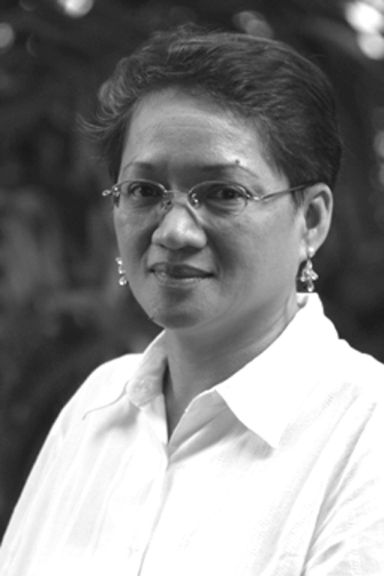
APALISOK
It’s a hectic week for some co-op leaders in Cebu as they rolled out yesterday the red carpet for visitors from Myanmar.
The delegation is composed of officers and staff of co-ops from the country’s so-called Dry Zone, officers of Department of Co-operatives, Central Cooperative Society, which is Myanmar’s apex body of co-ops, as well as the country manager of the Canadian Co-operative Association based in that South Asian country.
The role of co-ops in the so-called Dry Zone is critical to Myanmar’s economic growth as the area covers 13.35 million acres mostly inhabited by farmers and farm laborers comprising more than a quarter of the country’s population of 60 million.
Interestingly, the delegation is headed by two Visayans, Renia Salinas and Yolanda Alim, former chief executive officer and chief finance officer respectively of VICTO National, an important co-op federation based in Cebu City.
In case one missed it, the biggest buzz in the co-op movement late last year was the strategic career move of Ms. Salinas and Ms. Alim from VICTO to become key players in Myanmar’s cooperative sector as country co-managers of the Canadian Co-operative Association’s (CCA) MyFINANCE. CCA supports and strengthens co-op federations and works with governments to provide the legal framework and environment necessary for the growth of co-ops.
MyFINANCE is a CCA-assisted project that aims to assist two township level cooperatives in Myanmar’s Dry Zone to help its banking operations. The goal is to make them sustainable and ultimately lead more than 65,000 individual members mostly farmers towards financial inclusion. The penetration of co-ops in this part of the world is very low, at only 5 percent.
It is noteworthy that our neighbor and Asean brother Myanmar is looking at PH cooperatives for guidance in terms of good governance, innovation and resilience — attributes of three outstanding Cebu-based co-ops that have transformed many lives and communities over the past 30 years or so.
First stop in the learning and exposure itinerary is the Tayemco Multi-Purpose Co-operative in Lapu Lapu City, formerly an institution-based co-op which has since opened up to the community. Chief Executive Officer Olive Dequinto is at the helm of this important organization which nurtures young members for future leadership roles.
Next is a visit to Cebu People’s MPC, a robust community-based and newly minted billionaire organization led by CEO Macario Quevedo.
Capping this learning and exposure trip is a visit to a remarkable agriculture co-op in Pinamungahan, Cebu, not just to observe best practices to be replicated in Myanmar but to hear the inspiring story of the journey of Lamac MPC through CEO Ellen Limocon assisted by board chairman Delfin Tuquib.
In the preface of Myanmar’s Financial Inclusion Roadmap (2014–2020) known as Making Access Possible MAP, also known as the Myanmar Initiative is a description of the country that we once knew as Burma.
Myanmar is currently “in the midst of a triple transition – from an authoritarian military system to democratic governance, from a centrally directed economy to a market-oriented economy, and from 60 years of conflict towards peace in the region.”
It’s still a long way for Myanmar; but one has to concede that after the country’s first democratic election in 2015 wherein Aung San Su Kyi’s opposition party won by a landslide, change, albeit gradually, has come to this country.
I am heartened by the role of seasoned cooperators Renia Salinas and Yolly Alim in what looks like Myanmar’s inexorable march to progress.
* * *
The broadcast media industry in Cebu mourns the passing of veteran broadcaster and popular radio personality Lou Arevalo who delighted his radio listeners for a generation with jokes and amusing anecdotes through the mid-day program “Kagay Pinggan” (freely translated as Din of the Dishes).
It was a daily favorite during media’s analog years, and based on what I heard, my colleague strived to keep his voice current in the air lanes through a weekly program over station dyLA.
Weakened by age-related health issues, Lou sustained the show by broadcasting from his home through a mini-booth that his family made for the radio icon, according to Jhunnex Napallacan, station manager of dyLA.
Jhunnex told this corner that Lou met an accident last week while shopping for a recorder that he needed for his program.
Apparently, he wanted to review the broadcast and perhaps analyze how he could improve his program despite all his limitations set against the digital economy.
In a way, my colleague tried to turn back the digital clock and although it cannot happen, it was enough that he found happiness in doing what to him was the simplest way to do things.
May his good works console his family in this difficult hour.
Disclaimer: The comments uploaded on this site do not necessarily represent or reflect the views of management and owner of Cebudailynews. We reserve the right to exclude comments that we deem to be inconsistent with our editorial standards.
